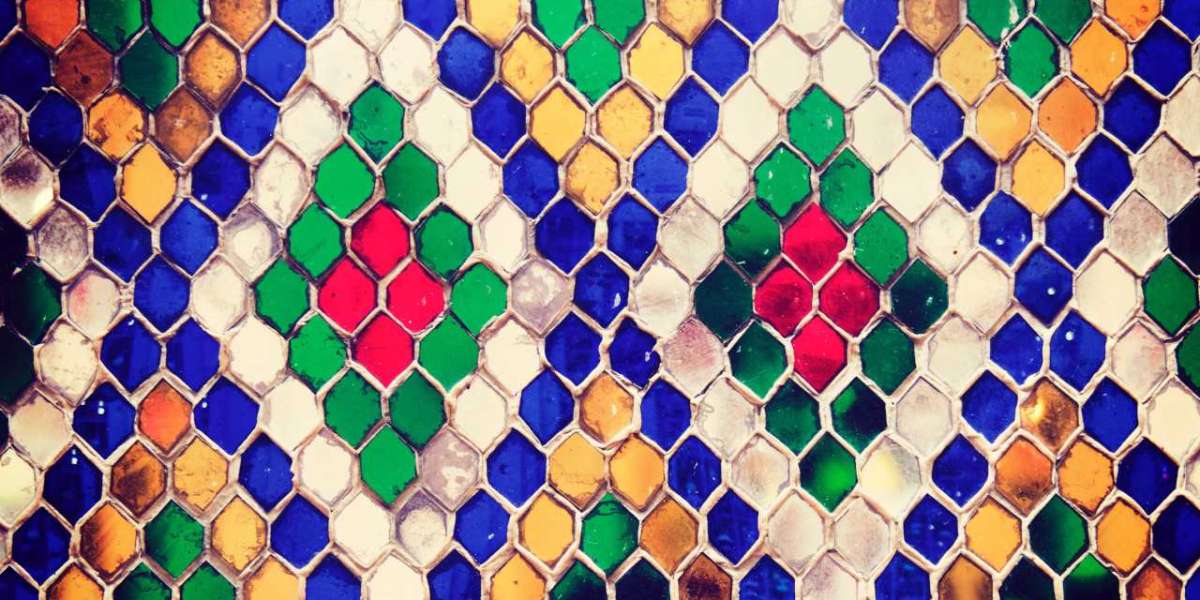Introduction
Amid the ever-evolving world of construction materials, one enduring symbol of solidity and tradition is the red brick. Red bricks, with their timeless appeal and historical significance, have been used for centuries in architectural marvels and everyday structures alike. In this article, we explore the red brick market, its significance in modern construction, market dynamics, and the enduring legacy of this humble yet indispensable building material.
The Timeless Appeal of Red Bricks
Red bricks have been a staple of construction for thousands of years, dating back to ancient civilizations like the Mesopotamians and Egyptians. Their popularity endures for several compelling reasons:
- Durability: Red bricks are renowned for their strength and longevity. They withstand the test of time, resisting weathering, wear, and damage far better than many other construction materials.
- Aesthetic Versatility: The rich, earthy color of red bricks complements various architectural styles, from rustic cottages to sleek modern buildings. Their versatility in design is unrivaled.
- Thermal Efficiency: Red bricks have excellent thermal properties. They can absorb and store heat, helping to regulate indoor temperatures and reduce energy consumption.
- Sustainable Choice: Made from natural clay, red bricks are an environmentally friendly choice compared to synthetic materials. They are non-toxic and can be recycled or repurposed.
Market Dynamics
The red brick market is influenced by a combination of factors, reflecting both tradition and modernity:
- Urbanization and Infrastructure Development: Rapid urbanization worldwide drives the demand for construction materials, including red bricks, for residential and commercial buildings and infrastructure projects.
- Architectural Preferences: Architects and builders often choose red bricks for their classic appearance and adaptability to various architectural styles. The demand for aesthetically pleasing buildings contributes to the red brick market's growth.
- Sustainability Concerns: As sustainability becomes a focal point in construction, red bricks' natural composition and energy-efficient properties make them an attractive choice.
- Technological Advancements: Innovations in brick production techniques, such as using advanced kilns or additives to improve performance, contribute to the market's evolution.
- Regulatory Factors: Building codes and regulations that encourage or mandate energy-efficient construction methods can influence the demand for red bricks.
Challenges and Opportunities
While red bricks have a strong foothold in the construction industry, they also face challenges and opportunities:
- Competition from Alternative Materials: Modern construction often sees the use of alternative materials like concrete blocks or steel framing. Red bricks need to continuously innovate to maintain their relevance.
- Energy Efficiency Demands: Meeting stringent energy efficiency standards can be a challenge for traditional brick construction. However, opportunities exist for improved insulation techniques and more efficient building designs.
- Environmental Concerns: The brick industry can contribute to environmental issues, such as emissions from brick kilns. Sustainable practices and environmentally friendly production methods can address these concerns.
- Modernization and Automation: The adoption of automation in brick production can lead to increased efficiency and cost savings. Embracing technology is crucial to remain competitive.
- Global Market Expansion: Red bricks have a strong presence in many regions, but exploring new markets and adapting to local preferences can open up growth opportunities.
The Enduring Legacy of Red Bricks
Red bricks are more than just construction materials; they are a testament to the enduring legacy of traditional craftsmanship and architectural beauty. They have left an indelible mark on architectural history, gracing the facades of iconic structures around the world. Some noteworthy examples include:
- The Great Wall of China: A testament to ancient engineering and construction prowess, red bricks were used extensively in the construction of the Great Wall, offering both strength and visual appeal.
- The Red Fort, India: This UNESCO World Heritage Site in Delhi is renowned for its red sandstone and red brick construction, exemplifying the use of red bricks in historic Indian architecture.
- Colonial Buildings: In many former British colonies, such as the United Kingdom, Australia, and parts of Africa, red bricks are a hallmark of colonial architecture, reflecting the enduring influence of the British Empire.
- Iconic American Buildings: In the United States, red bricks are prevalent in historic buildings like Boston's Old North Church and the charming rowhouses of New York City.
- European Charm: The picturesque villages of Europe often feature red brick cottages and buildings that add to their timeless charm.
Key Market Players:
- Belden Brick
- Redland Brick
- Brickhunter
- PGH Bricks Pavers
- El-Khayyat Group
- The Bespoke Brick Company
- Red Industries Private Limited
- Balana Bricks Company
- Yashas Enterprises
- Srinsagar Chamber Bricks
- Ancient Stone Inc.
- Ameron Structures Private Limited
- DRP Infratech
- Clay World Traders
- R P C Construction Solutions
- Hasan Buildcon
Conclusion
In a rapidly changing world, red bricks offer a reassuring link to our architectural heritage and a bridge to a sustainable future. Their timeless appeal, durability, and adaptability continue to make them a preferred choice in construction.
As the red brick market navigates modern challenges and embraces opportunities, it remains a symbol of craftsmanship, tradition, and enduring beauty. In an industry where innovation often takes the forefront, red bricks remind us that the past can be a source of inspiration for the future, allowing us to build solid foundations, both literally and figuratively, as we shape the world around us.
About Market Research Future:
At Market Research Future (MRFR), we enable our customers to unravel the complexity of various industries through our Cooked Research Report (CRR), Half-Cooked Research Reports (HCRR), Raw Research Reports (3R), Continuous-Feed Research (CFR), and Market Research Consulting Services. MRFR team have supreme objective to provide the optimum quality market research and intelligence services to our clients. Our market research studies by Components, Application, Logistics and market players for global, regional, and country level market segments, enable our clients to see more, know more, and do more, which help to answer all their most important questions.
Contact:
Market Research Future®
99 Hudson Street,5Th Floor
New York, New York 10013
United States of America
Phone:
+1 628 258 0071(US)
+44 2035 002 764(UK)
Email: [email protected]
Website: https://www.marketresearchfuture.com








